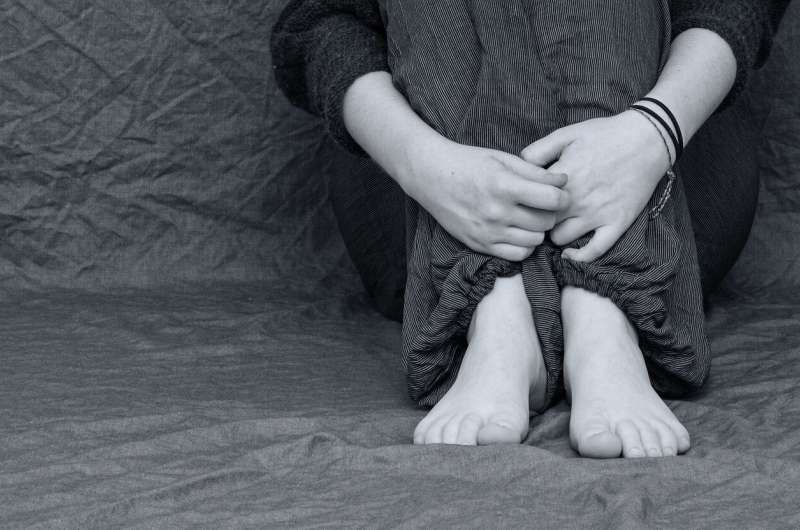This article has been reviewed according to Science X's editorial process and policies. Editors have highlighted the following attributes while ensuring the content's credibility:
fact-checked
trusted source
proofread
Study: The mental health of Finnish adolescents deteriorated during the COVID-19 pandemic

A recent study conducted at the University of Jyväskylä (Finland) examined the health of adolescents before and after the pandemic. The findings highlight that promoting good teacher–student relationships and a positive home environment, developing stronger health literacy skills among young people, and encouraging parents to monitor their child's activities should be taken into account in measures to promote post-pandemic recovery. In addition, more attention should be paid to girls and lonely adolescents, as well as those rating their health as poor, as they may be more prone to mental health problems.
The COVID-19 pandemic has posed many challenges, particularly for the mental health of young people. Based on survey data from the Health Behavior in School-aged Children (HBSC) study, the mental health of Finnish adolescents before (2018) and after (2022) the pandemic was examined.
Four mental health profiles were identified, one of which represented good mental health. The mental health profiles were based on self-reported psychological complaints (e.g., feeling low), somatic complaints (e.g., headache), life satisfaction, loneliness, and problematic use of social media (symptoms related to compulsive use) of 11-, 13- and 15-year-old Finnish youth.
In the first sample (2018), nearly half (44%) of the adolescents belonged to the profile representing good mental health, but only roughly one-third (37%) of those in the second sample (2022) belonged to this profile.
"A somewhat smaller proportion of adolescents belonged to this healthier profile in the second sample, suggesting that adolescents' mental health has deteriorated during the pandemic," says Doctoral Researcher Jasmine Gustafsson.
Adolescents need support and parental monitoring of their activities
The study also examined how the mental health profiles were associated with various health-related factors. In the second sample, adolescents reporting higher subjective health literacy, referring to the ability to acquire, understand and apply health-related information, were more likely to belong to the profile representing good mental health. In the first sample, this association was not significant.
In addition, perceiving higher social support from teachers, defined as perceiving teachers as caring and accepting, was more strongly linked to the healthier mental health profile in the second sample.
In both samples, adolescents belonging to profiles characterized by poorer mental health reported lower maternal monitoring, that is, the extent to which their mother keeps track of their child's activities, among other things.
New opportunities for digital interaction have developed during the pandemic. Some previous evidence has shown that young people's positive online experiences may have reduced experiences of loneliness during this time period. However, in this study, adolescents reporting more intensive online communication were more likely to belong to poorer mental health profiles.
"However, the cross-sectional nature of the study must be taken into account when interpreting the results," says Gustafsson. "For example, our results are not suitable for evaluating whether reporting more intensive online communication may lead to poorer mental health, or whether poorer mental health leads to more intensive online communication."
Adolescents belonging to linguistic minority groups face greater mental health risks
A surprising finding in the study was that those whose language of instruction was Swedish instead of Finnish were more likely to belong to a weaker mental health profile. In several previous studies, Finnish Swedes have been shown to report better health than Finnish-speaking Finns.
"For this reason, our study also calls for more attention to Swedish-speaking Finns and their well-being," says Gustafsson. "Our findings also highlight the potential mental health risks for older adolescents and those who live in a single-parent household."
The research is published in the journal Child and Adolescent Psychiatry and Mental Health.
More information: Jasmine Gustafsson et al, Mental health profiles of Finnish adolescents before and after the peak of the COVID-19 pandemic, Child and Adolescent Psychiatry and Mental Health (2023). DOI: 10.1186/s13034-023-00591-1





















